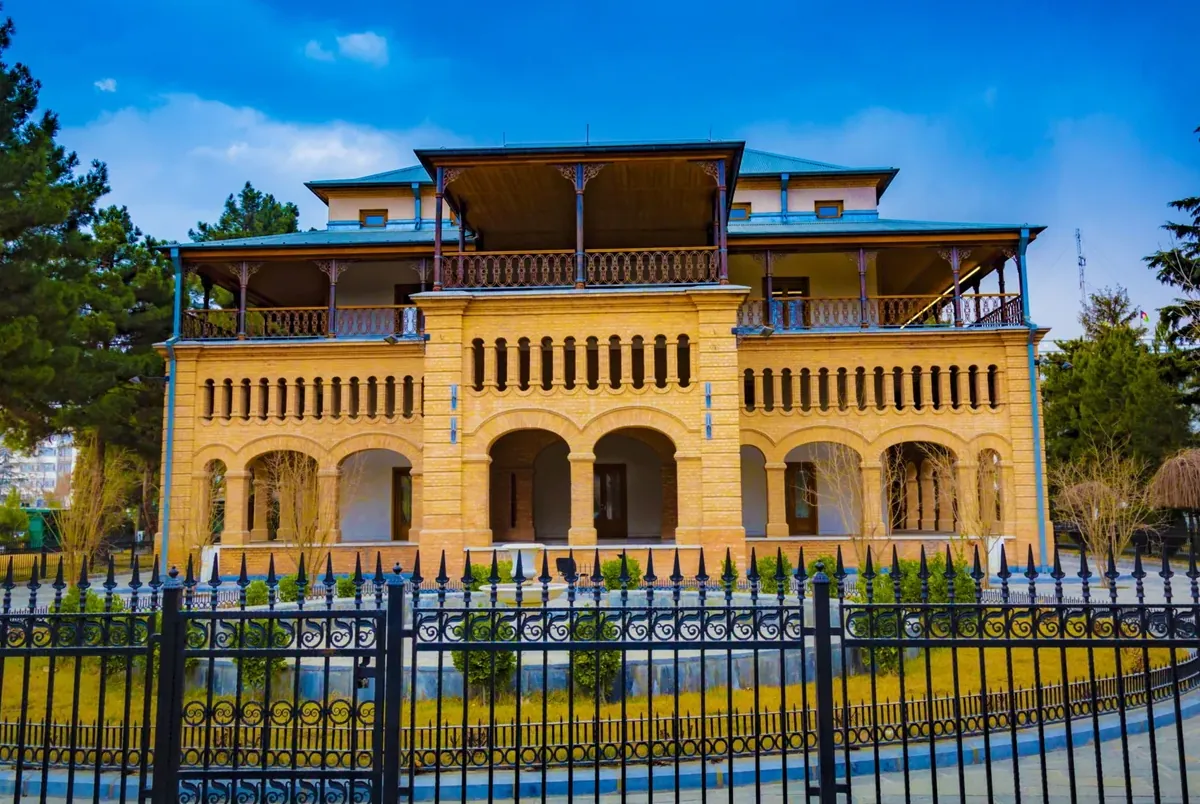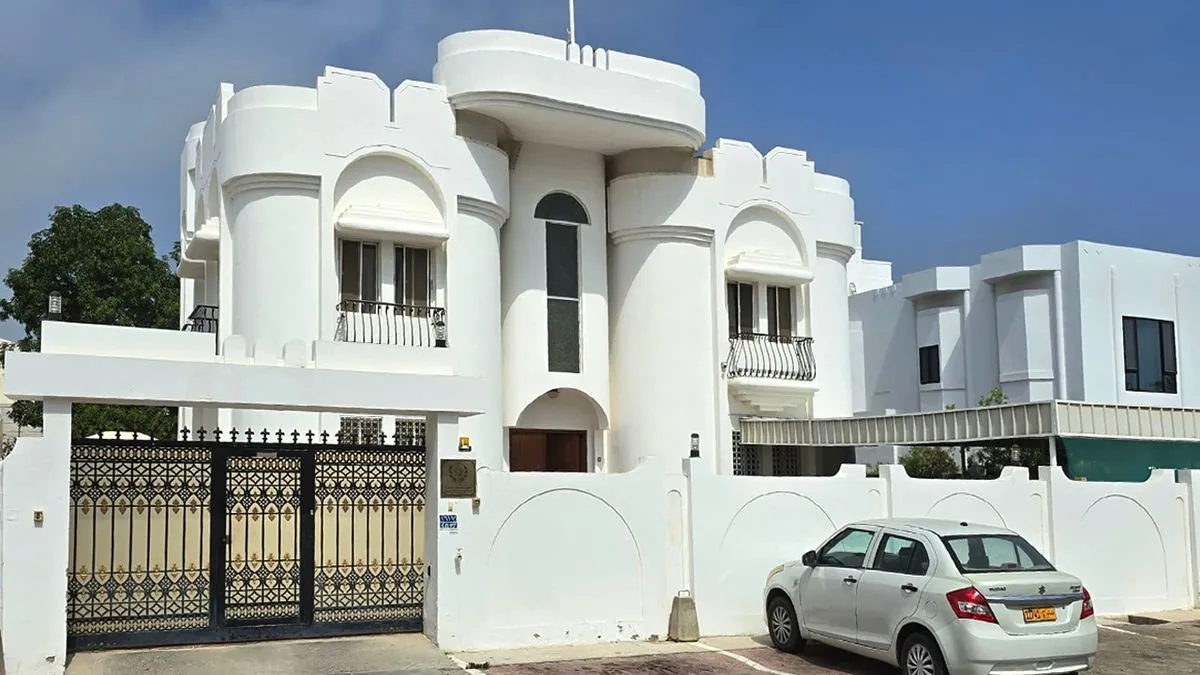Taliban-Controlled Afghan Embassy Reopens in Oman, Signaling Diplomatic Shift
Afghanistan's Embassy in Oman resumes operations under Taliban control, marking a significant diplomatic development. This move follows the UAE's recent acceptance of a Taliban ambassador, indicating a changing stance among Gulf nations.

The Afghan Embassy in Oman has resumed operations under Taliban control, marking a significant shift in the group's diplomatic presence in the Gulf region. This development, occurring on September 15, 2024, follows the United Arab Emirates' acceptance of a Taliban ambassador in August 2024, suggesting a growing inclusion of the Taliban among Gulf Arab countries.
Zia Ahmad Takal, deputy spokesman of the Taliban's Foreign Ministry in Kabul, stated that the embassy in Muscat is now functioning with diplomats appointed by the Taliban government. He emphasized the potential for strengthening bilateral relations between Afghanistan and Oman across various sectors.
This diplomatic move comes amid a complex international landscape. The Taliban, who returned to power in Afghanistan on August 15, 2021, have been seeking international recognition and control over the country's diplomatic missions abroad. According to the Taliban's Foreign Ministry, they now oversee 39 diplomatic missions globally.

The international community remains divided on how to engage with the Taliban government. While most countries have not officially recognized the Taliban as Afghanistan's legitimate rulers, there's a growing trend of pragmatic engagement, particularly among regional powers. In August 2024, Uzbekistan's Prime Minister made a high-level visit to Afghanistan, demonstrating this shift in approach.
The reopening of the Afghan Embassy in Oman is particularly noteworthy given Oman's unique position in regional politics. Oman, known for its strict neutrality, has often acted as a mediator between conflicting parties in the region. The country's predominant Ibadi Muslim population, following a more liberal offshoot of Islam predating the Sunni-Shiite split, contributes to its distinct stance in the Islamic world.
"The resumption of embassy activities in cooperation with the host country will play a constructive role in strengthening the political, economic, social and religious relations between Kabul and Muscat."
It's important to note that while some embassies are reopening under Taliban control, others are closing. In September 2024, Afghan embassies in London and Oslo announced their closure, highlighting the ongoing flux in Afghanistan's international representation.
The Taliban's efforts to establish diplomatic ties come as they face significant challenges in governing Afghanistan. The country's economy has struggled since their takeover, and their implementation of strict interpretations of Islamic law has raised international concerns. Despite these issues, the Taliban have been pursuing bilateral relationships with major regional powers, seeking to solidify their position on the international stage.
As the situation continues to evolve, the international community watches closely to see how this diplomatic shift might influence broader engagement with the Taliban government and its implications for regional stability and cooperation.


































